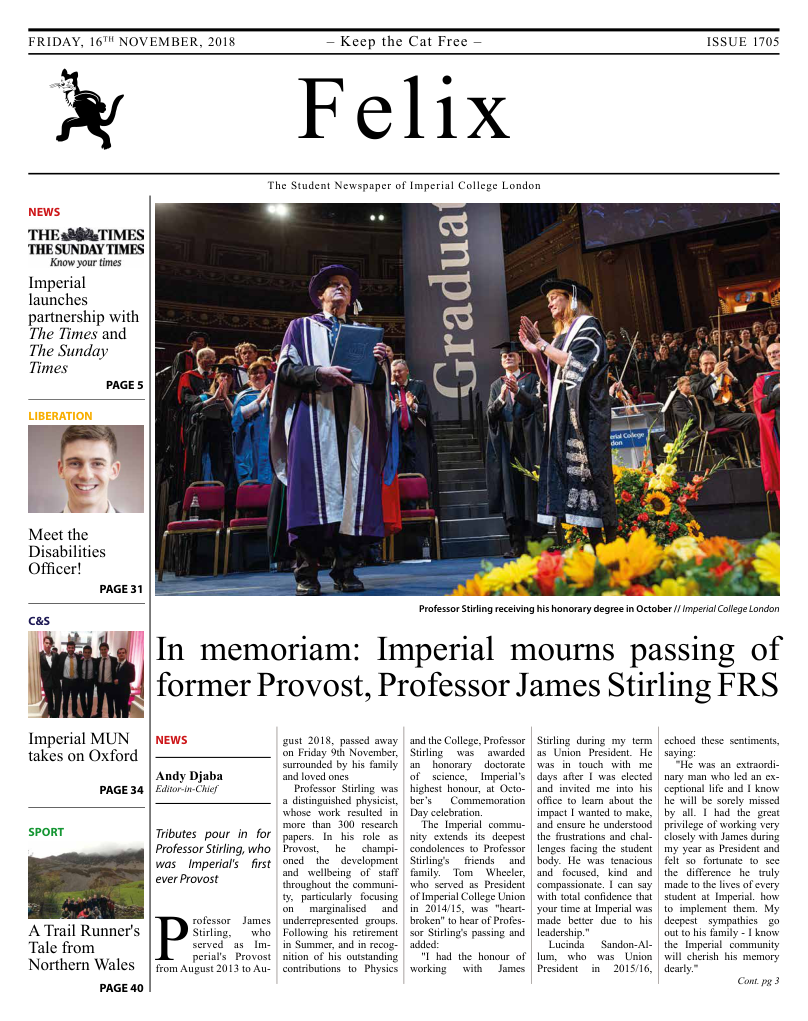Pain and Polyamory
A sex dungeon in a Jane Austen Novel! What’s not to like?

Pride and Prejudice, Sense and Sensibility, Emma; these classic Jane Austen novels are probably very familiar to the well-read student body at Imperial. However, the Austentatious theatre company brings some of her long lost (never written) works to the stage using the art of improv.
At the beginning of every show the audience suggests a title to a lost novel, and a 2 hour long performance of improvised hilarity then ensues! No two shows are alike and at this performance, some hilarious titles were suggested: ‘North End Abbey Road’, a Beatles themed Jane Austen novel; ‘Gay Pride and Prejudice’, Jane Austen in 2018; even ‘MeToo Mr. Darcy’ – a chillingly pertinent title considering recent headlines. However, the lost novel performed was the family favourite: ‘Pain and Polyamory’.
Once the title was chosen, the large box on stage was opened to the sound of old-timey Austenesque music played by two improv musicians on the right of the stage. It revealed a simple yet versatile set design – a 19th century decorated room. During the show, the actors found increasingly creative ways of making this room into a bedroom, living room, church and even a sex dungeon. The only props the actors had to work with were a couple of chairs, a scarf, and a round table (which spent much of its time as a font in the village church). Any other props had to be imagined by both the audience and the actors. The hilarity in seeing someone read an imaginary book or ride an imaginary horse seems infantile but worked perfectly with the audience erupting into laughter each time.
The plot focused on Ms Wyatt (portrayed by Rachel Parrifs) and her visiting cousin Laetitia (Amy Cooke-Hodgson). They go to a “key party” (spin the bottle but with more sex) hosted by Mr Spencer (Graham Dickson) and meet Colonel Quincy (Andrew Hunter Murray) and Malcolm Bobson (son of Bob Bobson, portrayed by Daniel Nils Roberts).
After a night of disgraceful behaviour, some characters start to question their actions and get reprimanded by the town vicar (Joseph Morpurgo). Many scenes later, after a lot of drama and a quick trip down to the Prince Regent’s torture garden in London for some more debauchery, the story comes to an end.
One area which was definitely lacking was the plot. In certain scenes, the actors probably needed someone to download Citymapper onto their phones as they were lost with no idea what direction to go. This would usually result in some meaningless conversation happening until the lights would go down, signifying the scene was over. This being said, due to the improvised nature of the performance, the audience did not come for plot as much as they did for cheap laughs – which were definitely not lacking! Ms. Amy Cooke-Hodgson who played Laetitia was the star of the show in this respect, coming out with hysterically witty one-liners. She would often burst onto stage, interrupting the scene with a quick one-liner and then scurry off – her impeccable timing would leave both the audience and sometimes even the other actors in fits of laughter.
Most of the actors played multiple characters. Although their costume changed minimally (maybe a scarf around the head), the voice, the tone and the mannerisms made it clear what character was on stage. Dickson and Roberts stuck to the same characters throughout, which was rather disappointing as it did not give them room to shine. Even though they did both deliver many funny lines, the other actors such as Cooke-Hodgson and Morpurgo outshone them in this particular performance.
Overall, the performance was effective in keeping the audience giggling, laughing, and even crying from the ingenious dialogue. This was made all the funnier performed in the prim and proper English of 19th century Britain. Much more of a comedy show than a play, anyone can enjoy Austentatious – no prior Austen knowledge necessary!
-4.5 stars








